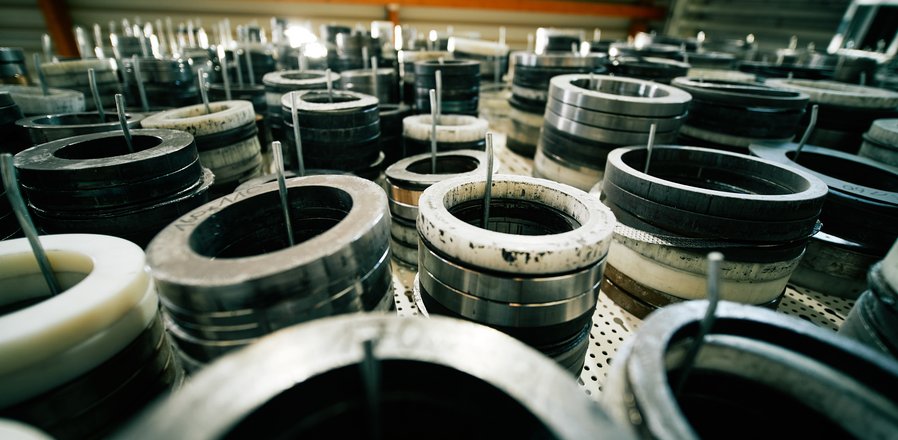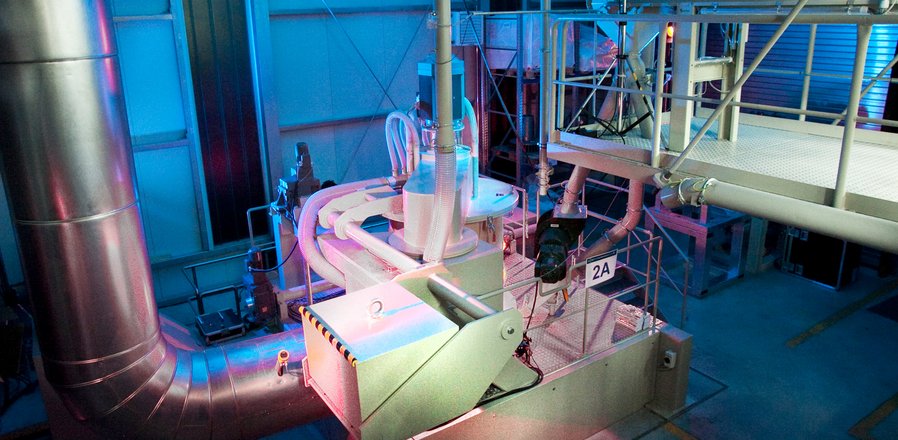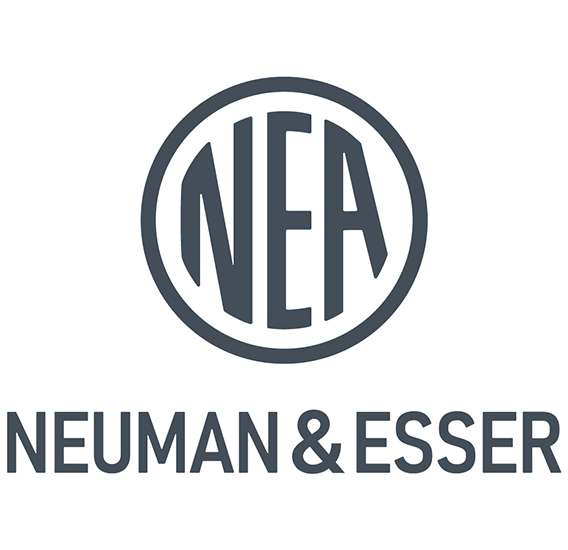
Recycling is one of the most important social and economic issues, as it can lead to a significant reduction in resource consumption. However, the quality of recycled material is often considerably lower than that of the original material and it therefore also has a lower value.
Polytetrafluorethylene (PTFE) is viewed as particularly difficult to recycle. PTFE is often used in industrial areas such as sealing technology, electrotechnology or in chemical plants. The polymer has high temperature and weather resistance, very good resistance to chemicals and a low friction coefficient. This makes PTFE a material with extremely versatile use, when subjected to high temperatures or heavy friction.
For PTFE recycling, a special and extremely work-intense process is necessary, where the recyclates must be crushed to achieve approximately the same particle size as for new goods. If some anomalies are considered, astounding results can be achieved, because the recyclates not only reach the same quality as new goods, but they also even exceed it.

NEUMAN & ESSER’s STASSKOL has used two materials to check whether and how PTFE can be recycled and which properties the processed material, SK202 and SK801, has. Whilst SK202 is a CCM-PTFE with glass fiber, carbon, and graphite, SK801 is an HCM-PTFE with carbon fiber and thermoplastic filling material. These two materials were selected to enable the application of both the cold and hot compression processes. The cold pressing process is a greater challenge because the size of the pulverulent particles plays a special role. A mixture with a significant proportion of carbon and glass fibers was selected because here the danger of reduction of the fiber length ratio and consequently a direct effect on the material’s properties exists.
Initially, the materials were collected by fraction and coarsely crushed with a customary cutting mill. However, as very fine particle sizes of a mere 50 µm must be achieved, considerably more technical know-how is necessary for the following demanding grinding process. This is where NEUMAN & ESSER's experts in fine and ultrafine grinding come into play.

To achieve the desired particle size, we carried out grinding experiments using our impact classifier mill ICM 15. The mill operates in suction mode. The process gas enriched with regrind is sucked through the mill by means of negative pressure. The product is crushed mechanically by the impact of the grinding material particles on the rotating grinding tools and on the impact chuck as well as by the impact of the grinding material particles on each other. Classification takes place above the grinding disc in the classifier wheel and separates the ground particles according to particle size, density and other criteria. The rotational speed of the grinding disc and the classifier wheel, the air volume flows, the filling level of the mill and the dwell time of the ground material in the grinding zone and the classifier zone are decisive factors for the function of the mill. The grinding fineness can be flexibly adjusted via the classifier speed of the impact classifier mill. The advantages of the ICM are in its narrow grain distribution with precise upper grain restrictions of 20 μm to 2,000 μm and the low particulate matter shares.
At a constant rotational speed of the grinding disc of 128 m/sec and a constant rotational speed of the classifier wheel of 10 m/sec, mass flow was varied to determine the effect on the particle size. The particle size (D50 value) of the ground goods was determined after the process using a laser diffraction spectrometer (type: Mastersizer 2000, manufacturer: Malvern). At a throughput of 6.9 kg/h for the SK202, a particle size of 47.7 µm resulted and at a throughput of 2.5 kg/h a particle size of 44.6 µm. For the SK801, the particle size was 56.7 µm at 9.7 kg/h throughput and 47.5 µm at 2.7 kg/h throughput.
